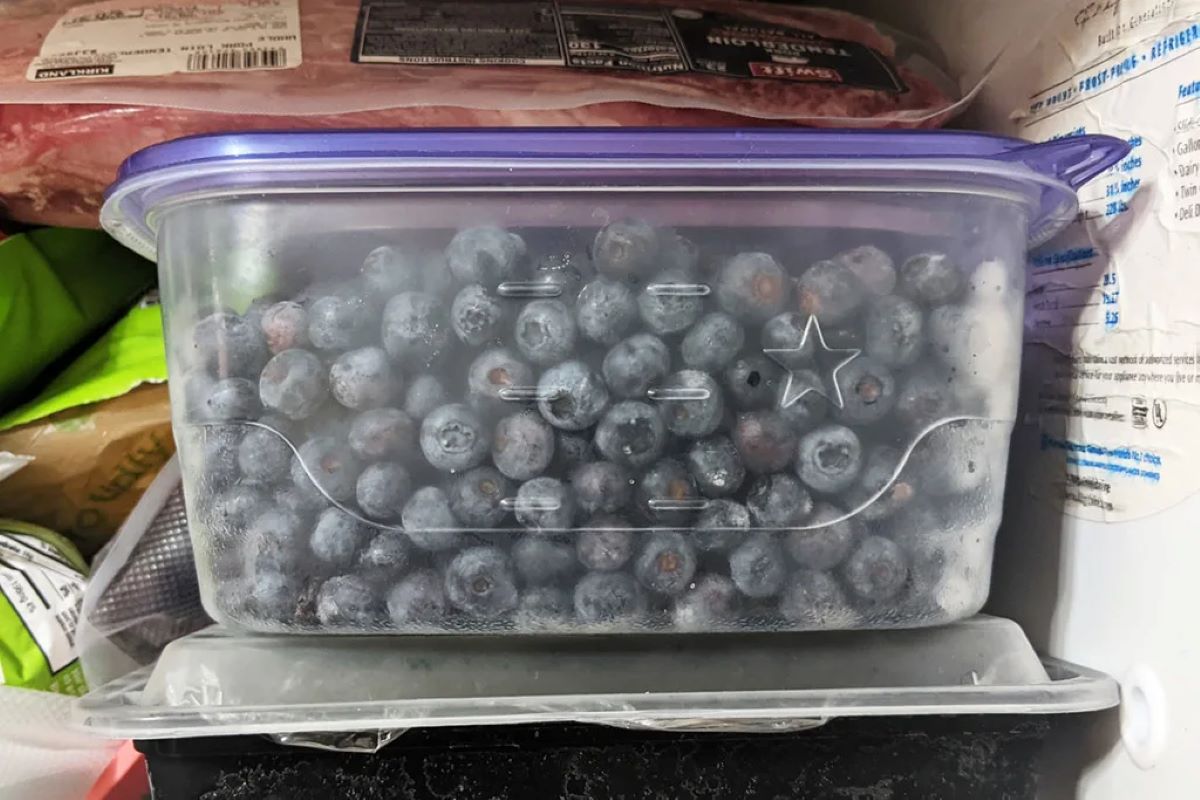

Articles
How To Store Blueberries In The Fridge
Modified: August 16, 2024
Learn how to store blueberries in the fridge and keep them fresh for longer with these helpful articles.
(Many of the links in this article redirect to a specific reviewed product. Your purchase of these products through affiliate links helps to generate commission for Storables.com, at no extra cost. Learn more)
Introduction
Welcome to this guide on how to store blueberries in the fridge! If you’re a blueberry lover like me, you know that these tiny berries are bursting with flavor and nutrition. Whether you picked them yourself at a local farm or bought them from the grocery store, knowing how to properly store blueberries is essential to keep them fresh and delicious for as long as possible.
Blueberries are delicate fruits that require special care to maintain their quality and prevent spoilage. By following the right storage methods, you can extend the shelf life of your blueberries and ensure that they retain their juicy texture and sweet taste.
In this article, we will delve into the importance of proper blueberry storage and provide you with valuable tips on how to store blueberries in the fridge effectively. We will also address common mistakes to avoid and share alternative methods for preserving blueberries in case you don’t have access to a refrigerator.
So, whether you plan to use blueberries for baking, smoothies, or simply enjoying them as a healthy snack, let’s dive in and learn how to keep those blueberries as fresh as possible!
Key Takeaways:
- Properly storing blueberries in the fridge is crucial for maintaining their flavor, freshness, and nutritional value, while also preventing spoilage and extending their shelf life.
- In addition to refrigeration, alternative methods such as freezing, canning, dehydrating, and making preserves offer creative ways to preserve and enjoy blueberries beyond their typical shelf life.
Read more: How To Store Blueberries In Tupperware
Why Proper Storage is Important
Properly storing blueberries is crucial for several reasons. First and foremost, it helps maintain the quality and flavor of the berries. Blueberries are highly perishable fruits, and without proper storage, they can quickly become mushy, moldy, or lose their taste.
By storing blueberries in the fridge, you can slow down the ripening process and prevent them from spoiling too quickly. The cooler temperature helps to maintain the berries’ texture and flavor, preserving their freshness for a longer period of time.
Furthermore, proper storage of blueberries also helps to retain their nutritional value. Blueberries are packed with vitamins, antioxidants, and other beneficial compounds that contribute to their health benefits. However, exposure to heat, light, and air can lead to the degradation of these nutrients. Storing blueberries in the fridge helps to minimize nutrient loss and ensures that you can enjoy all the goodness they provide.
Another reason why proper storage is important is to prevent the growth of bacteria and fungi. Blueberries are susceptible to mold and bacterial contamination, particularly when exposed to warm and humid conditions. Storing them in the refrigerator slows down the growth of microorganisms, reducing the risk of spoilage and potential foodborne illnesses.
Proper storage also allows you to extend the shelf life of blueberries, giving you more time to enjoy them. Whether you’re meal-prepping, planning to use them in recipes, or simply want to have a supply of fresh berries on hand, knowing how to store blueberries correctly can help prevent unnecessary waste and save you money.
Overall, proper storage is important to maintain the taste, texture, nutritional value, and safety of blueberries. By following the right storage methods, you can ensure that your blueberries stay fresh and delicious for longer, allowing you to savor the delightful flavor and reap the health benefits they offer.
General Tips for Storing Blueberries
Before we dive into the step-by-step guide to storing blueberries in the fridge, let’s start with some general tips that will help you maximize their shelf life and maintain their freshness:
- Choose fresh blueberries: When buying blueberries, look for plump, firm berries with a deep, uniform color. Avoid blueberries that are wrinkled, soft, or have moldy spots. Fresh blueberries will have a sweet aroma, indicating their ripeness.
- Handle with care: Blueberries are delicate fruits, so always handle them gently to prevent bruising. Avoid piling them high or applying excessive pressure when storing or transporting them.
- Remove any spoiled berries: Before storing blueberries, check for any spoiled or moldy berries. Remove them to prevent the spread of decay to the rest of the batch.
- Keep them dry: Moisture can accelerate the deterioration of blueberries. It’s important to keep them dry to prevent the growth of mold or bacterial contamination. Avoid washing the berries until you’re ready to use them.
- Avoid direct sunlight: Blueberries are sensitive to heat and light, which can cause them to spoil more quickly. Store them away from direct sunlight, preferably in a cool and dark place.
- Do not wash before storing: As mentioned earlier, it’s best to avoid washing blueberries until you’re ready to eat or use them. Washing prematurely can introduce moisture, promoting faster spoilage.
- Use breathable containers: Blueberries need room to breathe. Instead of sealing them in airtight containers, choose containers that provide some airflow, such as ventilated plastic containers or breathable produce bags.
- Don’t mix with other fruits: Blueberries release ethylene gas, which can cause other fruits to ripen or spoil faster. It’s best to store blueberries separately from other fruits to prevent cross-contamination.
- Check and re-sort: Regularly inspect your stored blueberries for any signs of spoilage or mold. Remove any affected berries promptly to prevent them from spoiling the rest of the batch.
By following these general tips, you’ll be well on your way to storing blueberries properly and ensuring their longevity. Now, let’s move on to the step-by-step guide to storing blueberries in the fridge.
Step-by-Step Guide to Storing Blueberries in the Fridge
Storing blueberries in the fridge is an excellent way to keep them fresh and maintain their flavor. Follow these simple steps to store your blueberries properly:
- Remove any spoiled berries: Before storing your blueberries, inspect them for any damaged or moldy berries. Discard them to prevent the spread of spoilage.
- Keep them dry: Moisture can lead to faster spoilage, so it’s important to keep the blueberries dry. Avoid washing them until you’re ready to use them.
- Place them in a breathable container: Transfer your blueberries to a clean, breathable container. This can be a ventilated plastic container or a bowl covered with a breathable produce bag.
- Line the container: To absorb excess moisture and help prolong the freshness of the blueberries, consider lining the container with a paper towel or a clean kitchen towel.
- Store in the refrigerator: Place the container of blueberries in the refrigerator. The ideal temperature for storing blueberries is around 32°F to 39°F (0°C to 4°C).
- Avoid overcrowding: Make sure not to overcrowd the blueberries in the container. Leave some space for airflow, which will help prevent moisture buildup.
- Keep away from strong-smelling foods: Blueberries can absorb strong odors from other foods. Avoid storing them near foods with potent aromas to prevent flavor contamination.
- Check and sort periodically: Regularly check your stored blueberries for any signs of spoilage. Remove any berries that are mushy, moldy, or have an off smell.
- Wash before consuming: When you’re ready to eat or use the blueberries, gently rinse them under cold water just before consuming. Pat them dry with a paper towel before using them in recipes or enjoying them as a snack.
By following these steps, you can ensure that your blueberries remain fresh and flavorful in the fridge for up to a week or even longer, depending on their initial freshness.
Now that you know how to store blueberries properly, let’s move on to the next section that covers helpful tips for selecting fresh blueberries for storage.
How to Select Fresh Blueberries for Storage
Choosing fresh blueberries is an important step in ensuring their quality and longevity during storage. Here are some tips for selecting the best blueberries to store:
- Look for plump and firm berries: Opt for blueberries that are plump, firm, and have a smooth texture. Avoid berries that are soft or wrinkled, as they may be overripe or starting to spoil.
- Check for a deep, uniform color: The color of blueberries should be a deep blue or purple with a slight dusty hue. Avoid blueberries that have a greenish tint, as they are underripe and may not develop their full flavor.
- Inspect the container: If you’re buying blueberries in pre-packaged containers, give them a quick check. Look for any signs of mold, excessive moisture, or crushed berries. Choose containers that are in good condition and haven’t been mishandled.
- Smell for freshness: Take a whiff of the blueberries to determine their freshness. Fresh blueberries have a sweet, fruity aroma. If they smell sour or musty, it’s best to choose a different batch.
- Consider the size: Blueberries come in various sizes, but the size doesn’t necessarily indicate their quality. Whether you prefer larger or smaller blueberries is a matter of personal preference as long as they meet the other criteria of being plump and firm.
- Buy blueberries in season: Blueberries are at their peak flavor and freshness when bought during their growing season. Look for locally grown blueberries or check the produce section for signs indicating the origin and freshness of the berries.
By following these guidelines, you can ensure that the blueberries you select are of the highest quality, which will contribute to their longer shelf life when stored properly in the fridge.
Now that you know how to choose fresh blueberries, let’s move on to the next section and discuss some common mistakes to avoid when storing blueberries.
To store blueberries in the fridge, place them in a single layer on a paper towel-lined container to absorb excess moisture and prevent them from getting mushy. Avoid washing them until ready to eat to prolong their shelf life.
Read more: How To Store Blueberry Pie
Common Mistakes to Avoid When Storing Blueberries
Properly storing blueberries is essential for maintaining their freshness and flavor. To make sure you’re storing them correctly, here are some common mistakes to avoid:
- Washing before storage: One common mistake is washing blueberries before storing them. Moisture can lead to faster spoilage, so it’s best to avoid washing them until you’re ready to use them.
- Storing in sealed containers: Blueberries need some airflow to stay fresh. Storing them in airtight containers can trap moisture and cause them to spoil faster. Instead, opt for breathable containers or produce bags.
- Overcrowding the container: It’s important to give blueberries some space to breathe. Overcrowding the container can lead to moisture buildup and accelerate spoilage. Leave room for airflow by not packing them too tightly.
- Exposing to direct sunlight: Blueberries are sensitive to heat and light, which can cause them to spoil more quickly. Avoid leaving them exposed to direct sunlight as it can accelerate their deterioration.
- Not checking for spoilage: It’s crucial to inspect your stored blueberries regularly for any signs of spoilage or mold. Remove any affected berries promptly to prevent them from contaminating the rest of the batch.
- Storing near strong-smelling foods: Blueberries can absorb odors from strong-smelling foods, compromising their flavor. Avoid storing them near foods with potent aromas to prevent flavor contamination.
- Ignoring temperature fluctuations: Maintaining a stable temperature is important for blueberry storage. Temperature fluctuations can promote spoilage and affect their quality. Make sure your refrigerator is set to the ideal temperature range for storing blueberries.
- Keeping them for too long: Even with proper storage, blueberries have a limited shelf life. It’s best to consume them within a week for optimal taste and quality. Don’t keep them stored for an extended period as they may lose their flavor and freshness.
By avoiding these common mistakes, you can ensure that your blueberries remain fresh and delicious for as long as possible. Now that you’re aware of the mistakes to avoid, let’s move on and discuss how long blueberries can typically last in the fridge.
How Long Can Blueberries Last in the Fridge?
The shelf life of blueberries in the fridge can vary depending on their freshness at the time of purchase and how they are stored. On average, fresh blueberries can last in the refrigerator for about one to two weeks.
However, it’s important to note that their quality will gradually decline over time. The berries may become softer, slightly wrinkled, or lose some of their vibrant color. While they may still be safe to consume after this period, their flavor and texture may not be as desirable.
To maximize the shelf life of blueberries, follow the proper storage guidelines mentioned earlier in this article. Keep them dry, store them in a breathable container, and maintain a stable temperature in the refrigerator. Regularly inspect the berries for any signs of spoilage and remove any affected ones to prevent further deterioration.
If you find that you have excess blueberries that you won’t be able to consume within the one to two-week timeframe, there are alternative methods for preserving them, which we will cover in the next section.
Now that you know how long blueberries can typically last in the fridge, let’s discuss how to tell if blueberries have gone bad.
How to Tell If Blueberries Have Gone Bad
As blueberries age, they may start to deteriorate and eventually spoil. It’s important to know how to identify if your blueberries have gone bad to avoid consuming spoiled fruit. Here are some signs to look out for:
- Mold: The presence of mold is a clear indication that blueberries have gone bad. Mold can appear as fuzzy growth on the surface of the berries, usually in white, green, or grayish hues. Discard any blueberries with mold.
- Discoloration and softness: Blueberries that have gone bad may become soft and mushy. They may also develop a darker color and appear dull instead of bright and vibrant. If the berries have significantly changed in texture and color, it’s best to discard them.
- Unpleasant odor: A sour or musty smell is a sign that blueberries have started to spoil. Fresh blueberries have a sweet, fruity aroma, so if they give off any unusual or off-putting odors, it’s a good indication that they are no longer fresh.
- Wrinkling and shriveling: Blueberries that have aged excessively may start to wrinkle and shrivel. While slight wrinkles are normal as blueberries dry out, excessive wrinkling can be a sign of spoilage.
- Visible signs of decay: Inspect the blueberries closely for any noticeable signs of decay. This may include soft spots, oozing liquid, or a slimy texture. These are clear indicators that the berries are no longer safe to eat.
If you notice any of these signs in your blueberries, it’s best to err on the side of caution and discard them to avoid any potential risks to your health. Consuming spoiled berries can lead to digestive issues and foodborne illnesses.
Now, let’s explore alternative methods for storing blueberries in case you don’t have access to a refrigerator.
Alternative Methods for Storing Blueberries
If you don’t have access to a refrigerator or want to explore alternative methods for storing blueberries, there are a few options available. Here are some alternative methods you can try:
- Freezing: Freezing blueberries is a popular method for preserving their freshness for an extended period. Rinse the blueberries, pat them dry, and spread them in a single layer on a baking sheet. Once frozen, transfer them to a freezer-safe bag or container. Frozen blueberries can last for several months and are great for smoothies, baking, or adding to oatmeal.
- Canning: Canning blueberries is another way to preserve them for longer shelf life. It involves cooking the blueberries with sugar syrup and sterilizing the jars before sealing them. Canned blueberries can last for at least a year when stored in a cool, dark place.
- Dehydrating: Dehydrating blueberries removes the moisture, allowing them to be stored for an extended period. You can use a food dehydrator or an oven set at a low temperature to dry out the blueberries. Once dehydrated, store them in an airtight container in a cool, dry place.
- Making preserves or jams: Turning blueberries into preserves or jams is another option for long-term storage. By cooking blueberries with sugar and sometimes pectin, you can create a delicious spread that can be stored in sterilized jars for several months.
- Infusing into vinegar or alcohol: Blueberries can be infused in vinegar or alcohol to create flavored liquids. This method imparts the flavor of blueberries into the liquid, allowing it to be stored for an extended period. The infused vinegar or alcohol can be used in various recipes or as a flavorful addition to cocktails.
These alternative methods offer different ways to preserve blueberries and enjoy their flavor even when fresh blueberries are not readily available or if you have a surplus of berries to use. Experiment with these methods to find the one that suits your preferences and needs.
Now that you’re familiar with alternative storage options, let’s summarize what we’ve covered in this guide on how to store blueberries in the fridge.
Read more: How To Store Blueberry Muffins
Conclusion
Properly storing blueberries is essential for maintaining their flavor, freshness, and nutritional value. Whether you’re storing them in the fridge or exploring alternative methods, following the right techniques can help prolong their shelf life and ensure a delightful eating experience.
In this guide, we discussed the importance of proper storage for blueberries and provided general tips for storing them. We also walked you through a step-by-step guide on how to store blueberries in the fridge, from inspecting and preparing the berries to placing them in breathable containers and maintaining a stable temperature.
We also highlighted the significance of selecting fresh blueberries and avoiding common mistakes such as washing them before storage, storing them in sealed containers, or exposing them to direct sunlight. Additionally, we covered how long blueberries typically last in the fridge and how to tell if they have gone bad.
Furthermore, we explored alternative methods for storing blueberries, such as freezing, canning, dehydrating, making preserves or jams, and infusing them into vinegar or alcohol.
By following the tips and guidelines provided in this article, you can enjoy fresh and delicious blueberries for as long as possible, whether they’re enjoyed on their own, incorporated into recipes, or used for various culinary purposes.
Remember, blueberries are versatile and packed with nutrients, making them a wonderful addition to your diet. So, go ahead and stock up on these vibrant berries, store them properly, and enjoy the sweet and tangy goodness they have to offer!
Frequently Asked Questions about How To Store Blueberries In The Fridge
Was this page helpful?
At Storables.com, we guarantee accurate and reliable information. Our content, validated by Expert Board Contributors, is crafted following stringent Editorial Policies. We're committed to providing you with well-researched, expert-backed insights for all your informational needs.
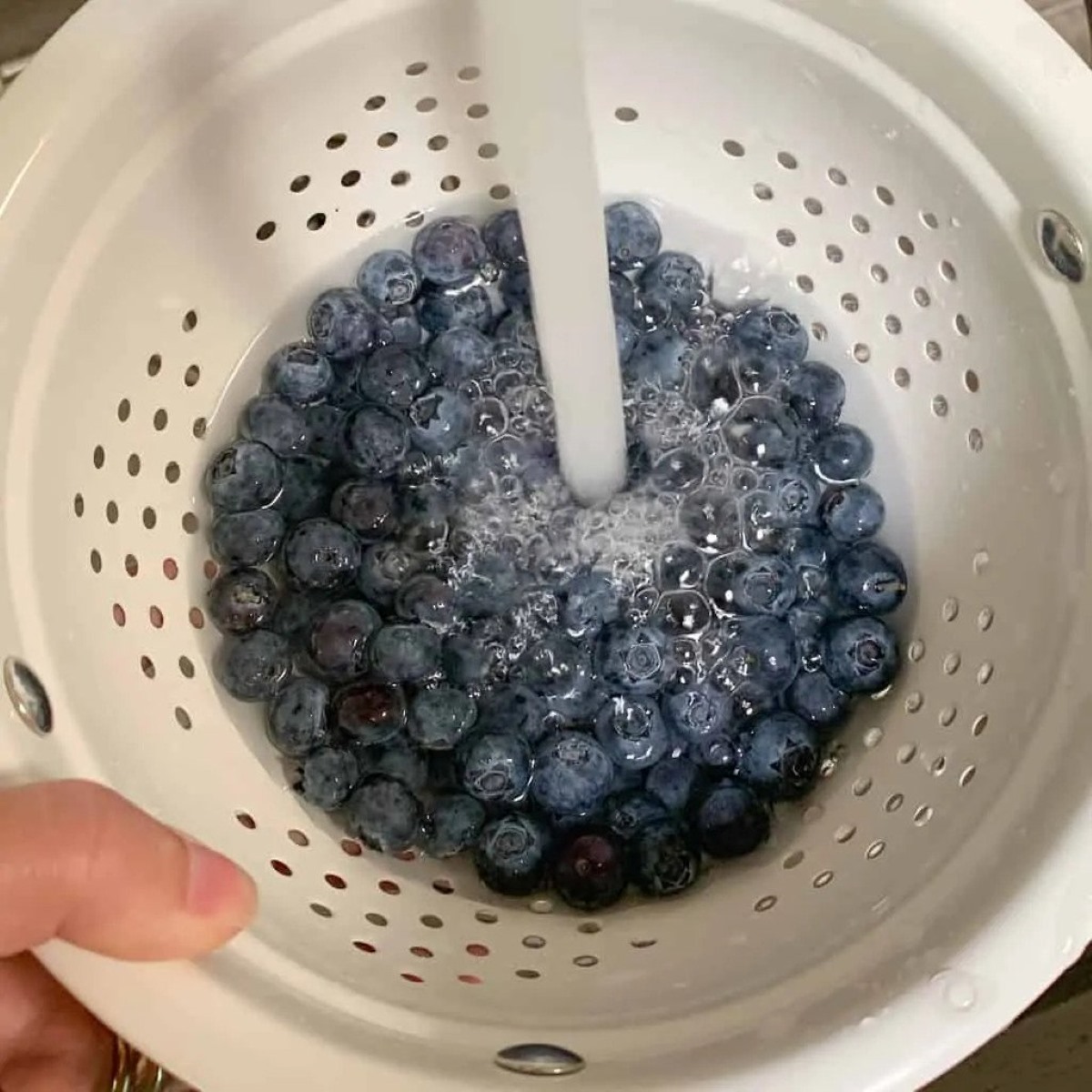
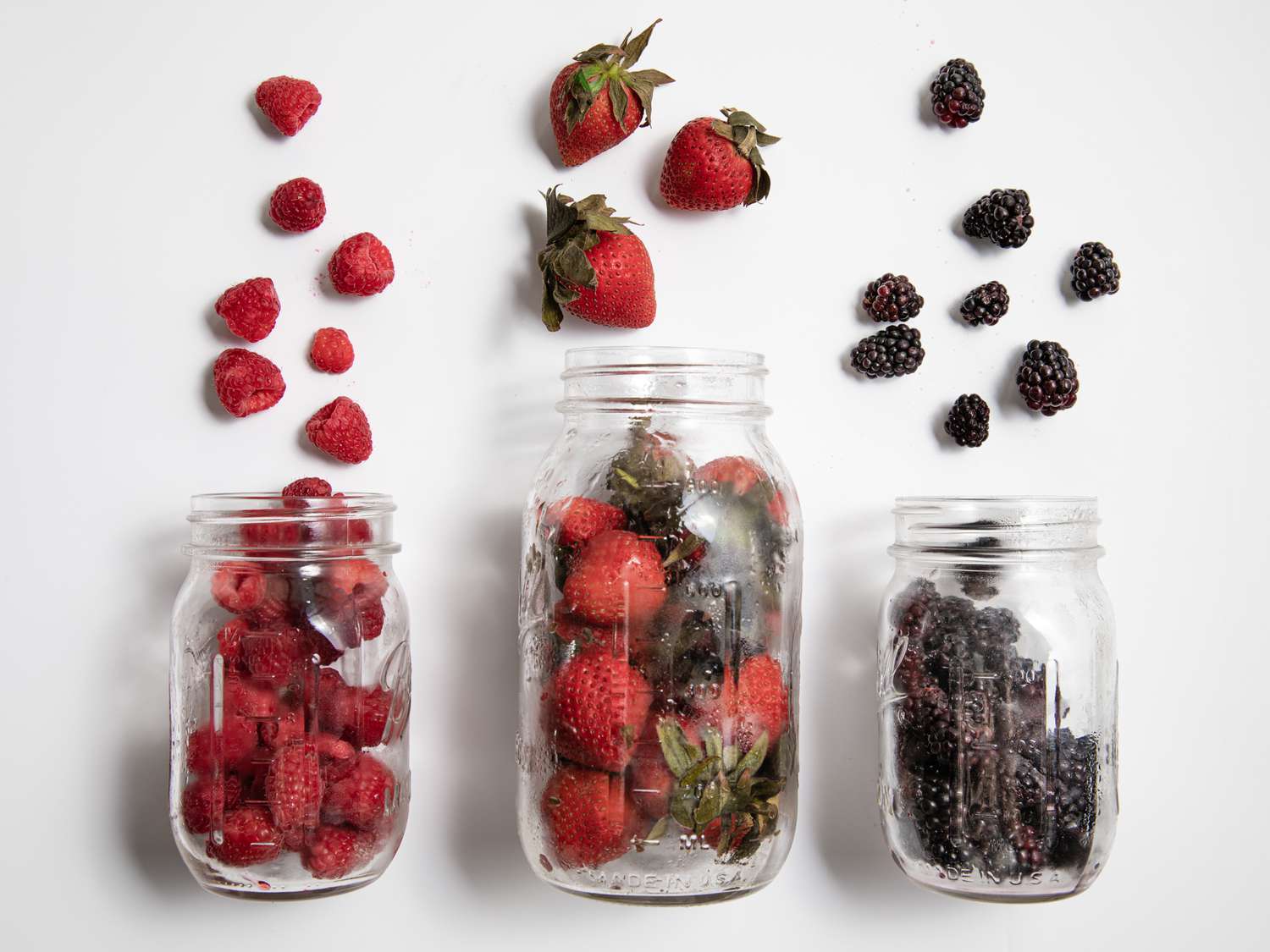
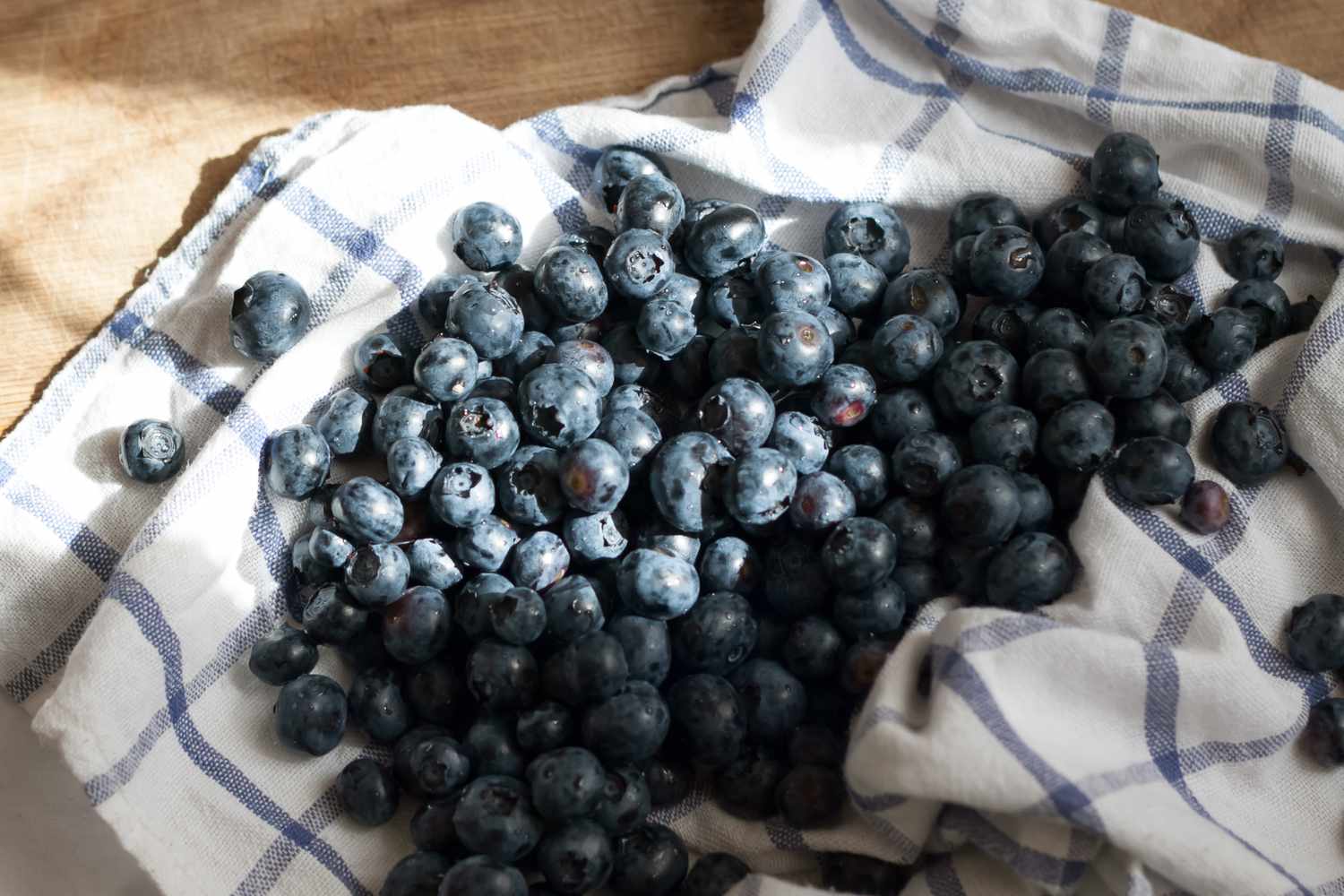
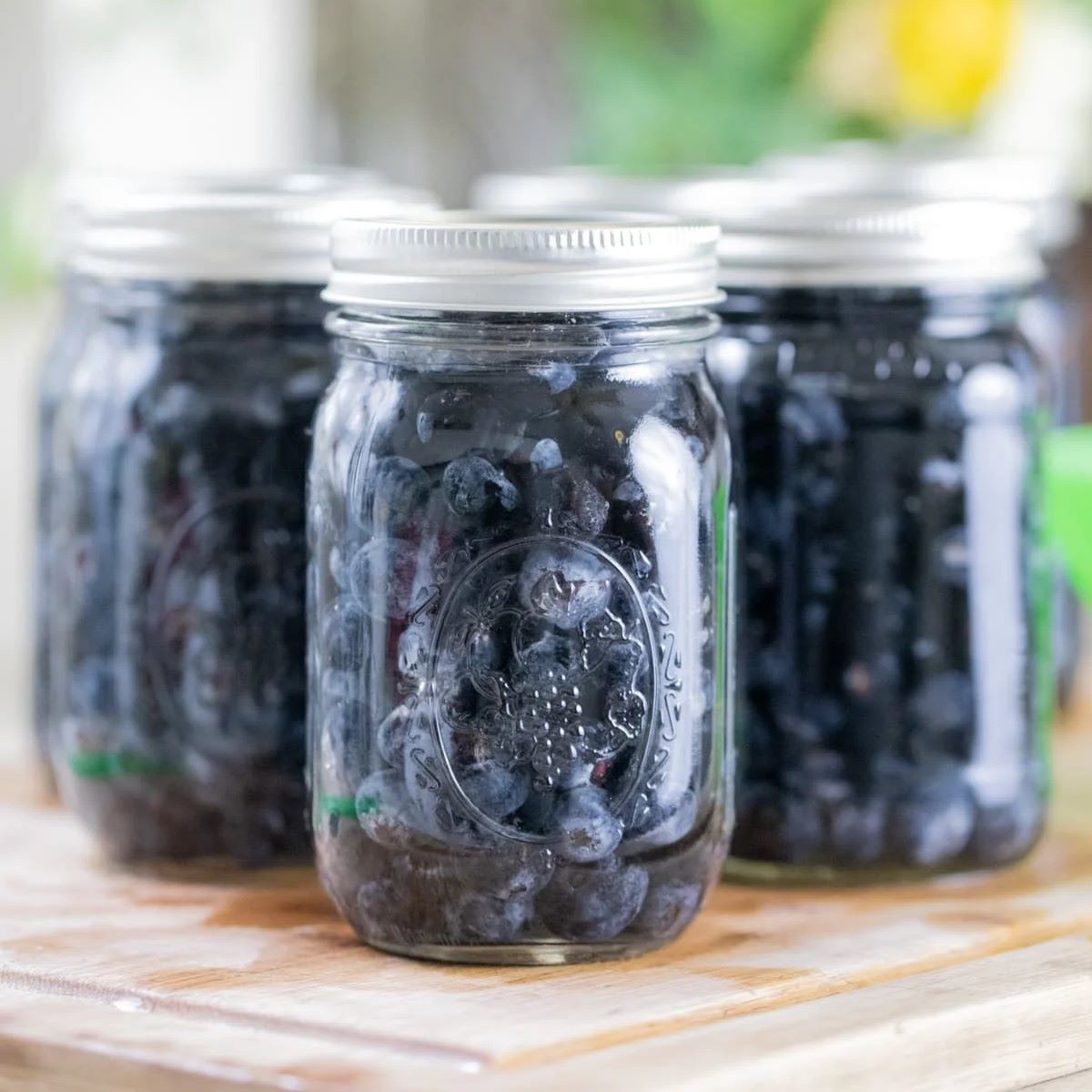
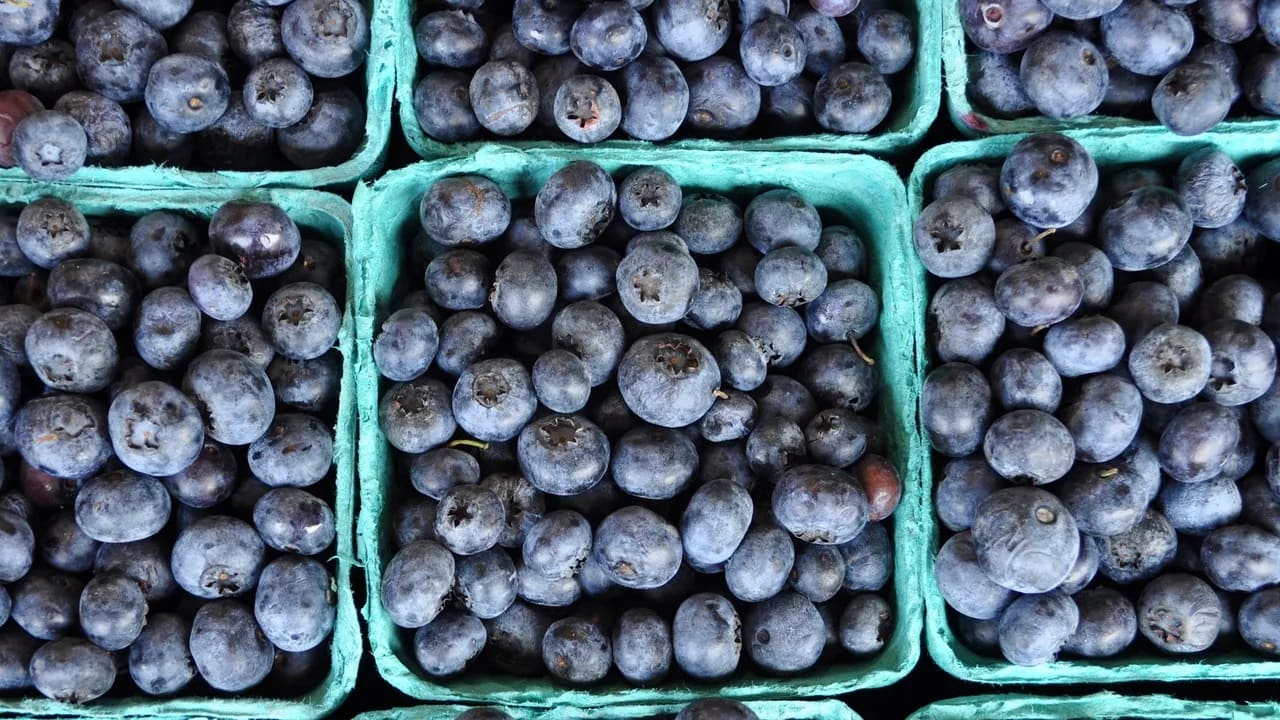
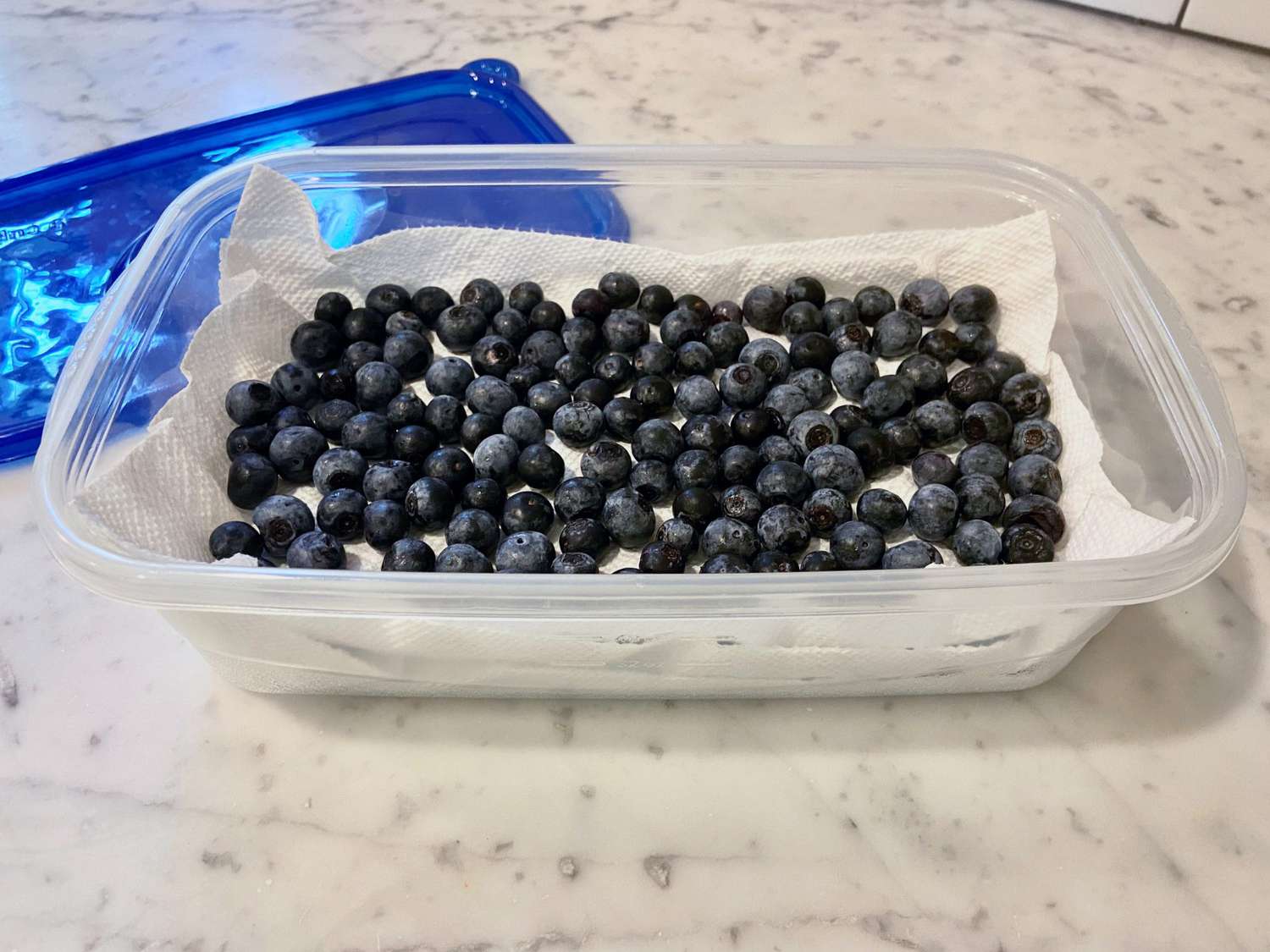
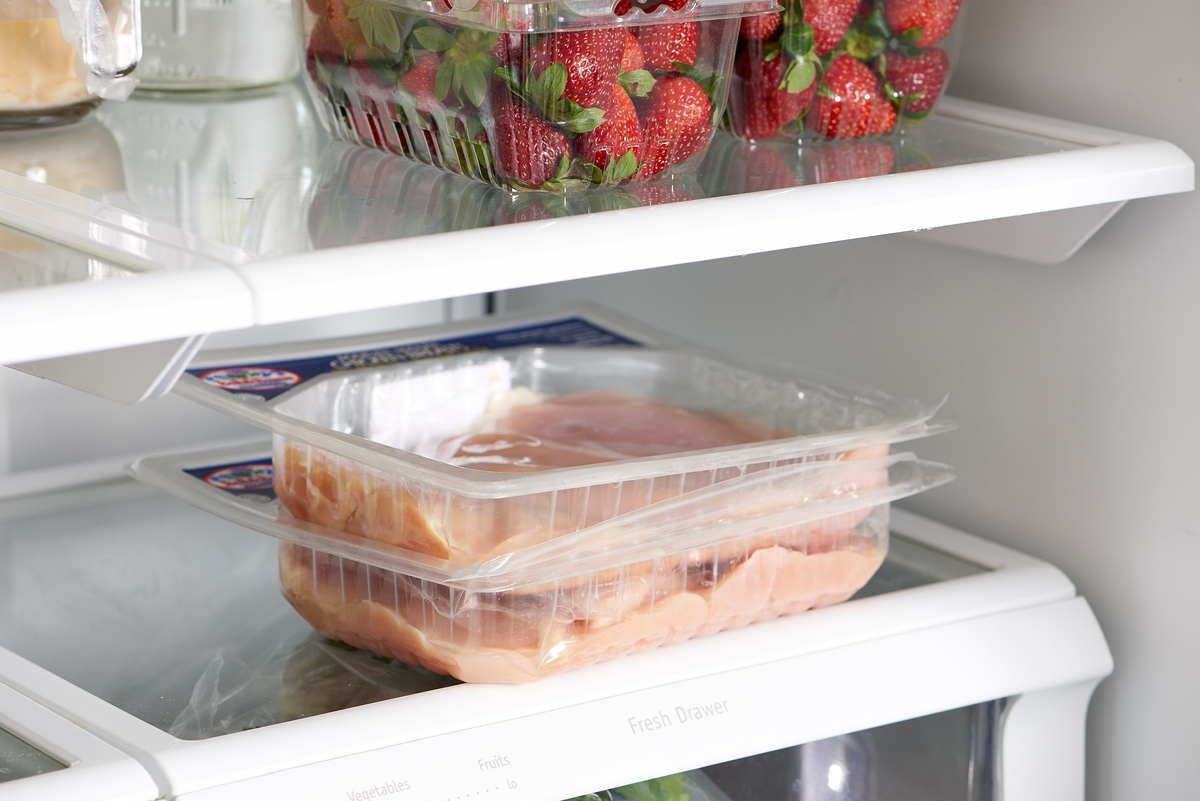
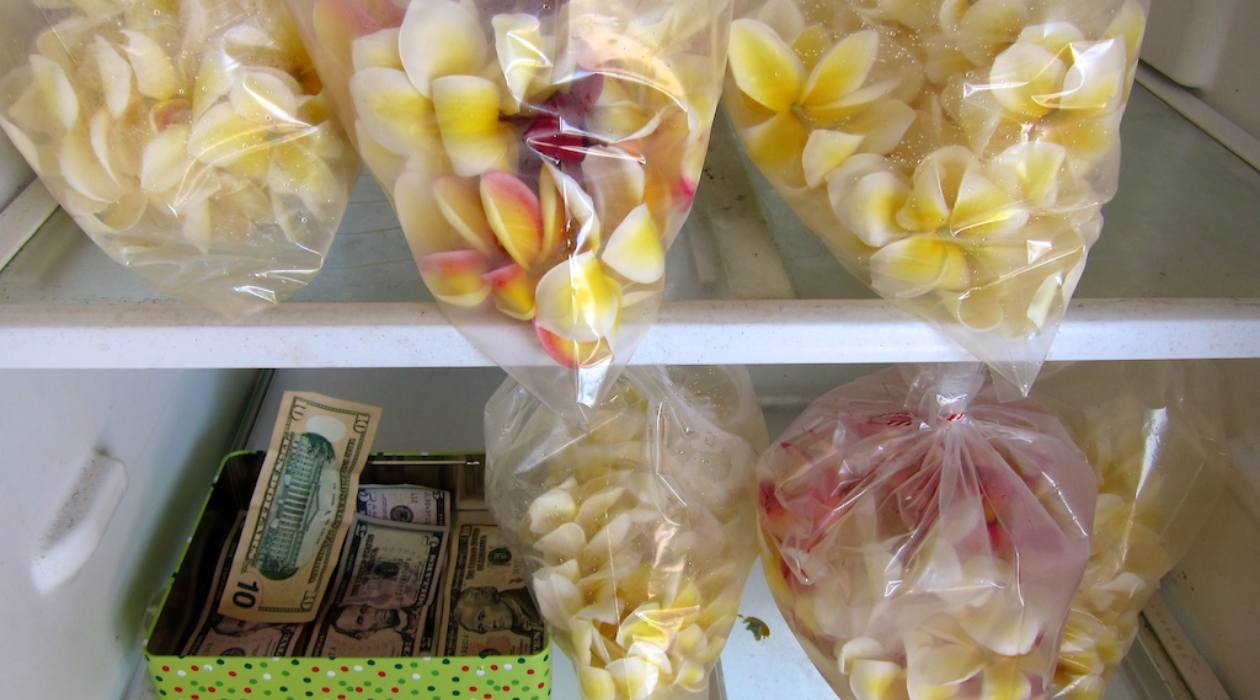
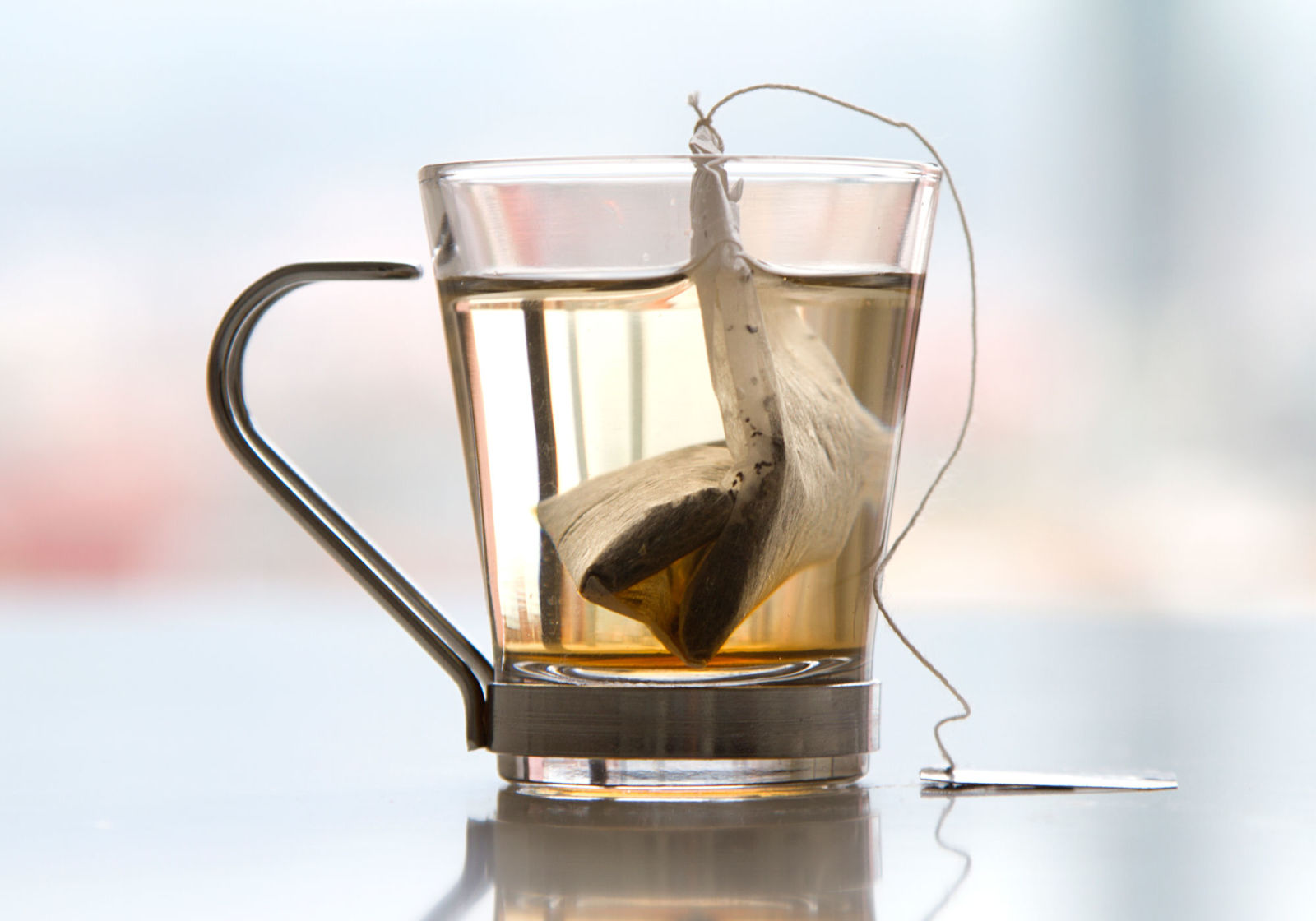
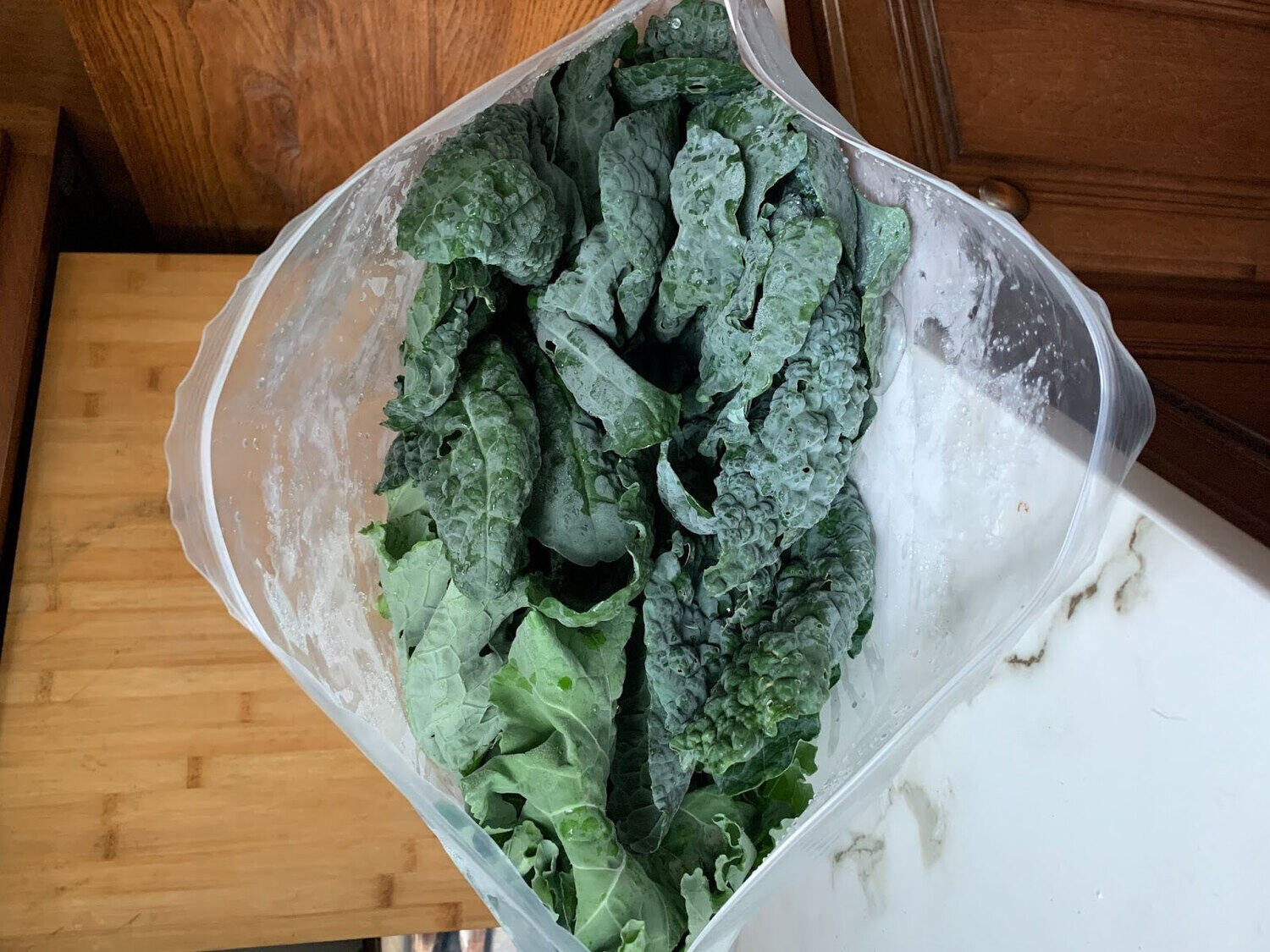


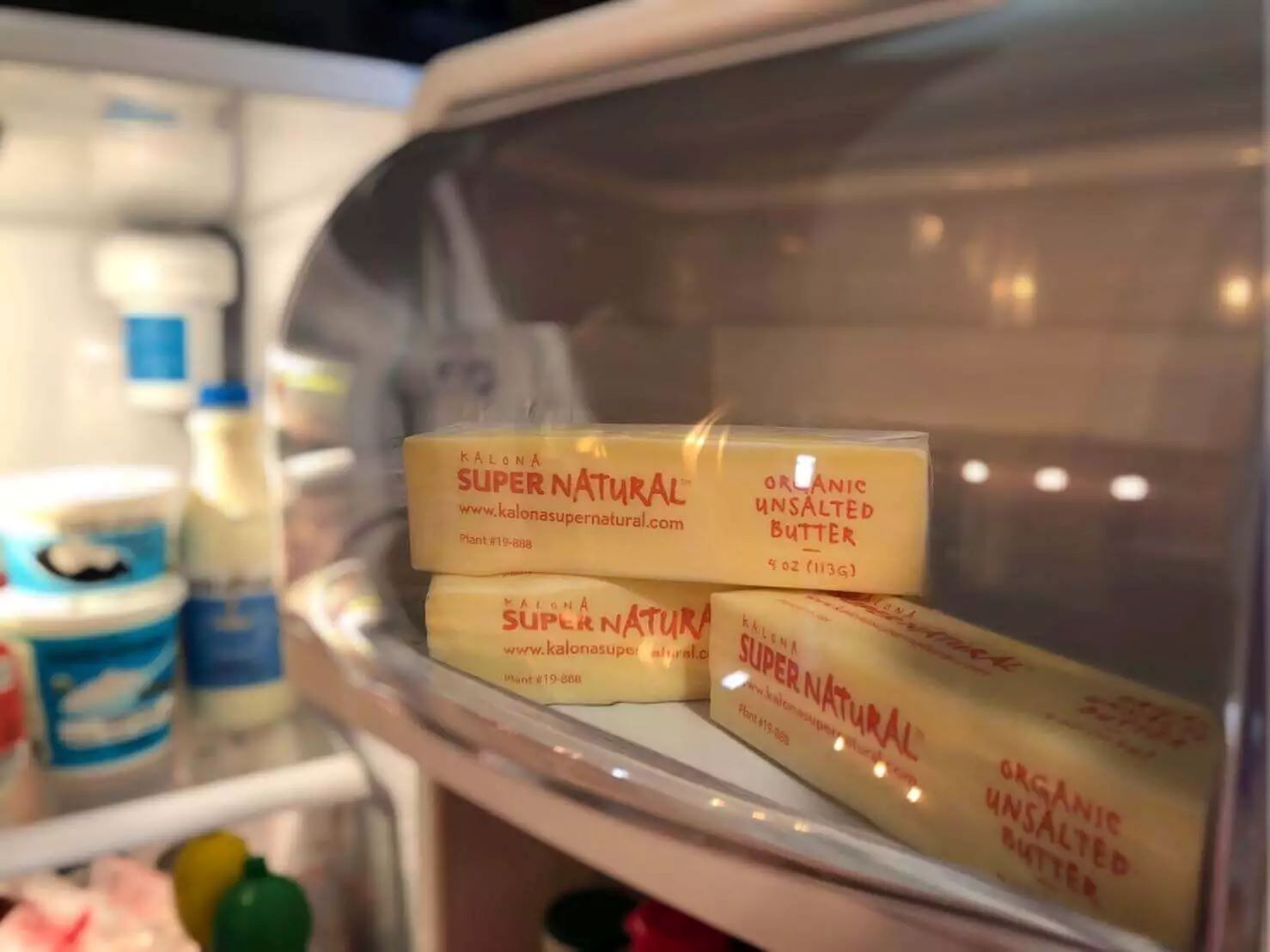

0 thoughts on “How To Store Blueberries In The Fridge”